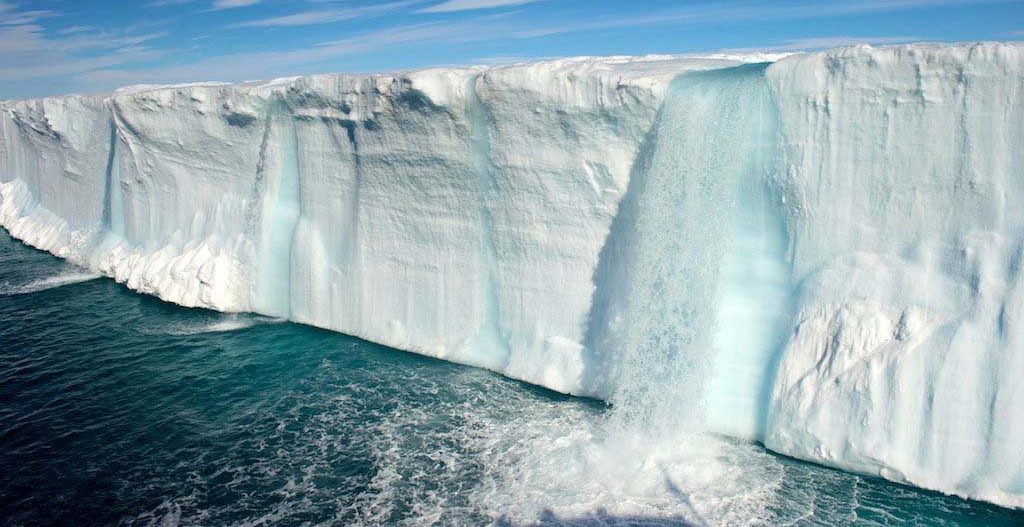Scientists from Tomsk State University (TSU), who conducted a study of soils in the Yamalo-Nenets Autonomous District in the summer of 2020, found that, due to abnormally warm winters and springs, the processes of permafrost melting in the Arctic and Subarctic were one third more active than usual.
If the anomaly repeats frequently, it will lead to a progressive landscaping of the region and the need to adjust the construction documentation for more unstable soil, reports TASS with reference to Sergey Loiko, a senior researcher at the Biogeoclim laboratory.

On the territory of a number of regions of the Russian Federation, unusually high temperatures were noted this year – a very warm winter passed, spring came a month earlier, and in April-May there were abnormally high temperatures. Summer in the North also became the hottest on record. TSU scientists suggested that 2020 with its abnormal temperatures will have a noticeable impact on permafrost, and at the end of August they went to the Arctic zone of the Russian Federation to conduct soil research.
“Permafrost thawing consists of three components: an increase in the permafrost temperature, the depth of soil thawing in summer (it freezes completely in winter and melts to a certain limit in summer) and the boundary of permafrost (there are places where there is no permafrost at all, for example, river floodplains, and the border between them and permafrost can also move). We took soil samples on layers up to two meters, water samples, plants. The research results showed that the permafrost melting was 30 percent more powerful”, said Sergey Loiko.
The researchers also noticed that because of the warm winter, the soil froze worse, which is why it was saturated with water. In addition, the researchers recorded heavy rainfall and thunderstorms in August, not very typical for the region.
The repetition of such anomalies in the future may cause a change in the properties of the earth in the Arctic – it will be necessary to adjust the construction documentation for more unstable soil, scientists say. It will also lead to the progressive greening of the macroregion – the emergence of new, not typical for the region, animals and plants.
“If this climatic anomaly does not happen again, the permafrost will recover within a few years. But this will take time and will clearly have an impact on the Arctic ecosystem”, said Loiko.
As we previously wrote, the area of ice in the Bering sea has decreased to a minimum over the past 5.5 thousand years. Scientists believe these changes are related to global warming.
In Greenland, about 110 square kilometers of ice has broken away from the largest remaining Arctic ice shelf. The destruction was recorded on the 79N glacier, which is about 80 kilometers long and 20 kilometers wide. It is the leading end of the Northeast Greenland Ice Stream.
Text: Victor Tsaryov, Photo: open sources



